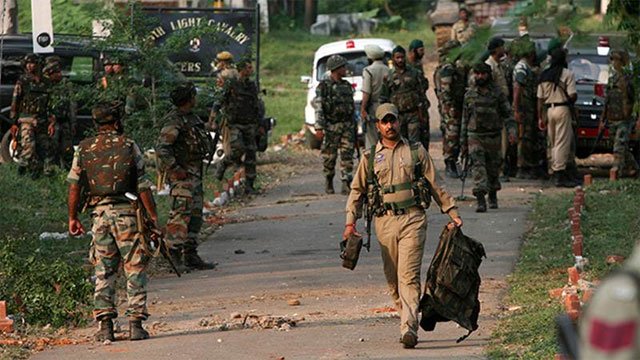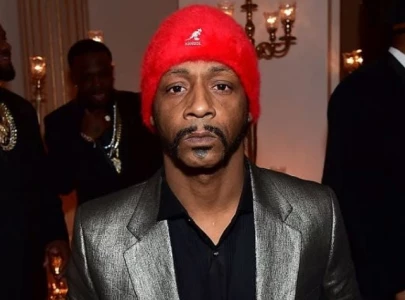
The political landscape of the region has vastly changed since the war on terror began in 2001. This change directly impacts the stability process between Pakistan and India. With changing objectives and aspirations in the region, especially the hotbed of commotion that is Afghanistan, the roles have been switched as well. America is no longer seen as a credible third-party mediator between the two neighbours. The Trump administration is very cosy with the Modi government and both enjoy the leverage of converging strategic goals as well. The US geopolitical tilt towards India and a declining influence over Pakistan is making matters worse. Pakistan obviously feels threatened with this posture as it allows the presence to India in Afghanistan under the direct patronage of America. Both share the same goals that are containment of China and Russia whilst keeping a tight eye on Pakistan as well via Kabul. This is also clear from the national security strategy 2018 document released by the Trump administration where war on terrorism is no longer America’s first priority.

The situation gets a bit dicier keeping in view the declining bilateral relations between Pakistan and India coupled with shaky domestic politics at home and a fascist war mongering government sitting in New Delhi. The strong bond between Islamabad and Beijing, especially in the aftermath of the CPEC project has also irked India and the US since China resolutely supported Pakistan in the aftermath of Trump’s diatribe against Pakistan. The recent display of adroit diplomacy by General Qamar Bajwa in the recent security meeting of the army chiefs of Pakistan, Afghanistan, Kazakhstan, Kyrgyzstan, Tajikistan, Turkmenistan and Uzbekistan, also attended by the US Centcom commander, was yet another blow to India’s isolationist policy towards Pakistan since the moot decided strong cooperation between the countries. The general has offered an olive branch to Washington and Kabul seeking a ‘collaborative and persistent approach’ to deal with regional security challenges, and his efforts have not been entirely futile.
The US has also vehemently denied contemplating any action inside Pakistan through Joint Staff Director Lt Gen Kenneth McKenzie and with Israeli Prime Minister Netanyahu telling reporters in New Delhi recently that his country had no quarrel with Pakistan and that he wanted cordial relations between the two countries, but the Indian ire has grown considerably.
The 9/11 attack and perceptions it created greatly helped India to pose as a victim rather than be identified as a sponsor of state terror and Pakistan’s negative perception has allowed Indian leaders to support terrorist outfits in Pakistan, and the manifest evidence of these nefarious designs is Kulbhushan Jadhav and his clear as daylight testimony. What could hold together the fading relationship between the two neighbours? Who would blink first in this game of brinkmanship?
The statesmen from both countries should reflect on the need of bridging the communication chasm between both nations. Institutionalised bilateral communication channels should be encouraged. Conflict-management mechanisms should be robustly designed to help mitigate the fog of error and miscalculation resulting from future crises that could end up in an all out war. China must be persuaded to play its role as a mediator. With its economic and military footprint in the region and close relations with Pakistan as well puts it in a very strategic position to work out sincere peace plans in the region. American interests in Afghanistan should not come at the expense of Pakistan’s security and sovereignty if any notion of peace in the region is to be contemplated. Last but not the least the ultimate burden of crisis management lies with Pakistan and India. They must employ canny diplomatic processes and reforms to address the disputes on the talks table and not on the battlefield.
Published in The Express Tribune, February 17th, 2018.
Like Opinion & Editorial on Facebook, follow @ETOpEd on Twitter to receive all updates on all our daily pieces.




1730464033-0/BeFunky-collage-(12)1730464033-0-165x106.webp)







COMMENTS (4)
Comments are moderated and generally will be posted if they are on-topic and not abusive.
For more information, please see our Comments FAQ